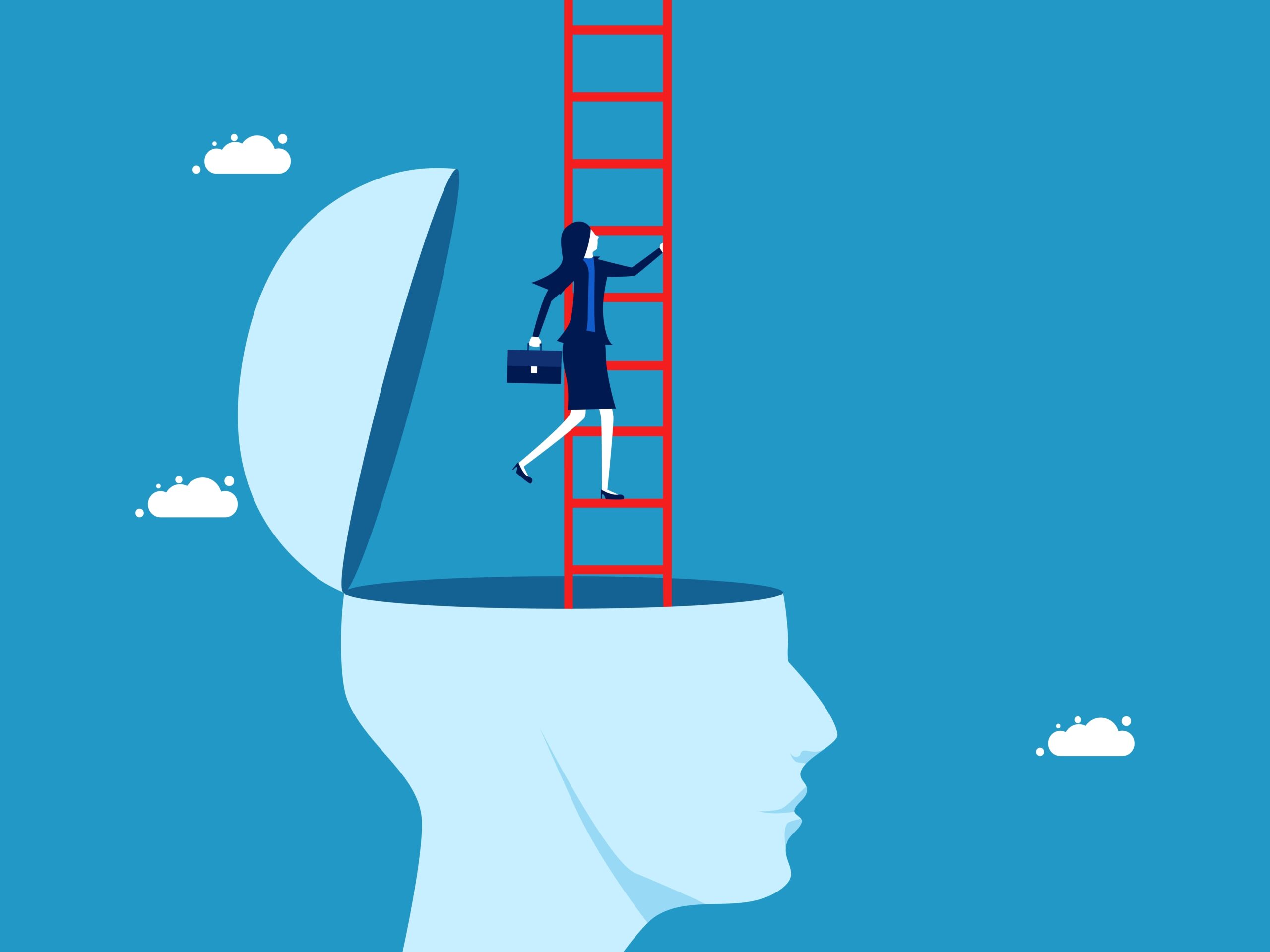Anxiety is one of the most common mental health concerns in the United States. Characterized by feelings of worry, nervousness, and fear, anxiety can be debilitating for those who experience it. Without proper management, anxiety can lead to missed opportunities, social isolation, and even physical health problems.
While there is no one-size-fits-all solution to manage anxiety, there are some coping skills that can help. And for those who would benefit from anxiety treatment, Hammocks on the Edisto offers a supportive, nurturing environment that can promote healing and growth.
Five of the Best Coping Skills to Manage Anxiety
1. Identify Your Triggers
An important step in managing anxiety is to identify what triggers your symptoms. Once you know what sets off your anxiety, you can develop coping strategies to deal with those triggers. For example, if you find that your anxiety is worse in social situations, you might practice some deep breathing exercises before going into a situation where you know you’ll be meeting new people. Some of the most common triggers for anxiety include:
- Stressful life events – Major changes in your life, such as a death in the family or a divorce, can trigger anxiety.
- Certain medical conditions – People with certain medical conditions, such as thyroid problems or heart disease, may be more prone to anxiety.
- Substance use issues – Alcohol and drug misuse can trigger anxiety and make existing anxiety symptoms worse.
- Withdrawal from certain medications – Stopping or reducing the use of certain medications, such as antidepressants or beta blockers, can cause anxiety.
2. Develop a Support System
It’s important to have people in your life who you can rely on for support when you’re feeling anxious. These could be friends, family members, or even a therapist. When you have people to talk to about your anxiety, you’ll feel less alone and more supported in coping with your symptoms.
3. Challenge Your Negative Thoughts
Anxiety can often be accompanied by negative and intrusive thoughts. These thoughts can be about yourself, your current situation, or the future. Challenging these negative thoughts can help you feel better in the moment and reduce your anxiety in the long term. To challenge a negative thought, start by asking yourself:
- Is this thought based on fact or opinion?
- Is there another way to look at this situation?
- What is the evidence for and against this thought?
4. Get Physical
Regular exercise is one of the most effective coping skills to manage anxiety. Exercise releases endorphins, which have mood-boosting effects. It also helps reduce stress hormones such as cortisol. And it can help you sleep better, which is important because anxiety can cause insomnia.
If you’re not used to exercising, start slow and gradually increase the intensity and duration of your workouts. Yoga, for example, is a great form of exercise for people with anxiety. It combines physical activity with breathing exercises and can help you learn to focus and manage your thoughts.
5. Reach Out for Help
Coping with anxiety can be difficult, and it’s okay to seek help from a mental health professional if you’re struggling. A treatment program can provide you with the tools and resources you need to manage your anxiety and live a fulfilling life.
Anxiety Treatment at Hammocks on the Edisto
In treatment, you’ll find community, support, and understanding. From comprehensive nutrition education to daily yoga, our holistic program will help you develop healthy coping skills to manage anxiety. Here, you’ll find the peace of mind you need to heal and grow. Contact the Hammocks on the Edisto team today at 833.793.0191 to learn more about our residential treatment programs in South Carolina for women.







